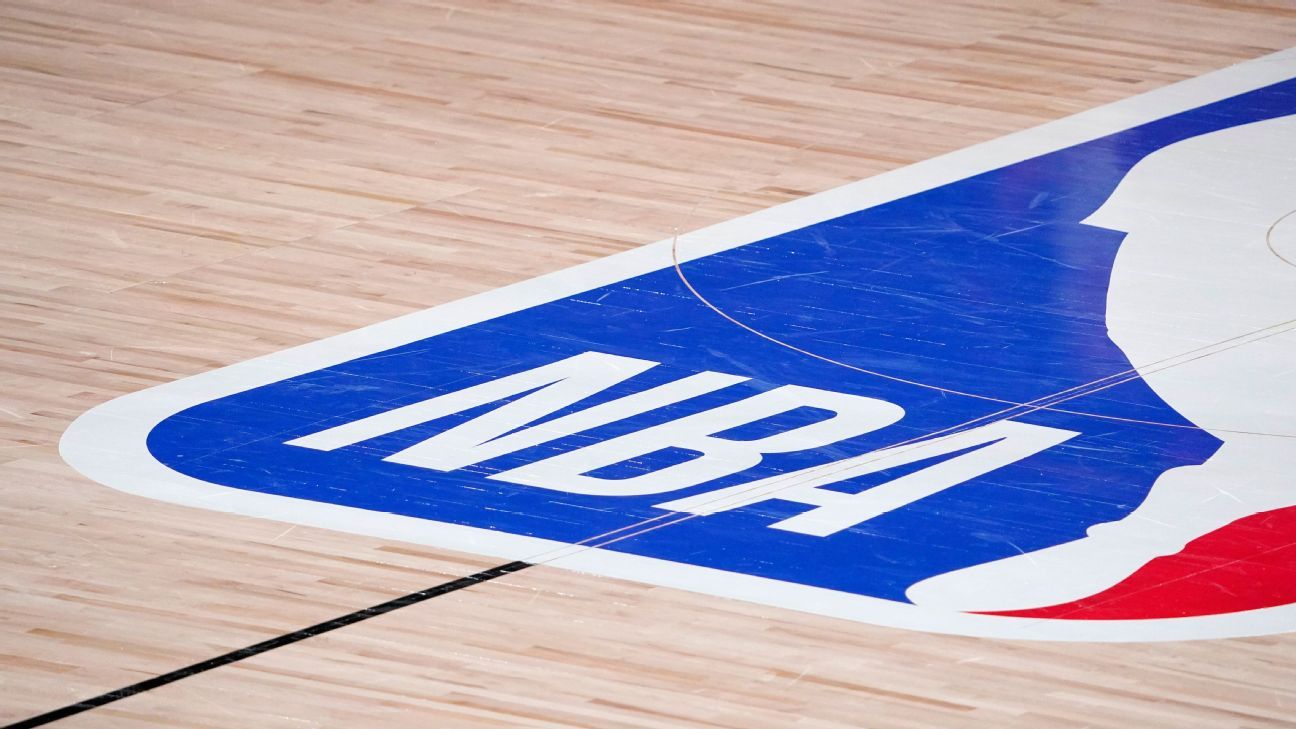
NBA commissioner Adam Silver and his staff have conducted expanded talks with teams, players and agents about crafting a policy to manage widespread usage of COVID-19 vaccines around the league, sources told ESPN.
Multiple COVID-19 vaccines are in final stages of approval, and the NBA could find itself as the first major professional North American sports league to manage widespread usage for players and coaches.
According to an array of discussions with league executives, team physicians and agents the league has been focusing on a few key areas:
• A need to create an educational program for players and staff about vaccine choices, possible side effects and efficacy with the intent to put players at ease and be willing to take it. While this process is still in the earliest stages, some players have already begun expressing hesitation to their agents and team doctors about the vaccine, sources told ESPN.
Educating the players about the measures taken to prevent the virus at the bubble in Orlando proved effective in fostering cooperation.
"I would guess that for most players, they will be willing to take it," said a prominent agent, who represents numerous players. "I think there will be a societal push for as many as possible to take it."
Others feel it will be a harder sell. Among the issues, sources said, is numerous players who have had the virus -- and now have some level of antibodies -- may need to be convinced the vaccine is necessary. Between the season restart last summer and the start of this season's training camp, the NBA announced around 100 positive tests for players and staff. But that does not account for the numerous players and coaches who contracted the virus during the shutdown and in the offseason, only a few of whom have elected to publicly self identify.
"We are going to need someone they trust, who is not involved with the league, that can lay it out for the skeptical guys," said another agent who represents All-Stars. "Maybe it's someone like President Obama. To position this to the players as an opportunity to motivate others, which happened with masks."
• The need to create a policy for how quickly the league will seek injections. Regardless of its resources, league officials know there are higher-risk populations that take priority including medical-care workers, nursing home residents, essential workers, and others. The NBA aims to respect whatever guidelines and criteria are enforced by the government and medical agencies concerning which populations will receive a vaccine early, sources said.
With that said, league sources say the NBA doesn't plan to enforce any specific rules that would prohibit an individual from trying to obtain a vaccine if they wanted one while it's available. Even if that would mean some players and teams might get access to the vaccine earlier than peers who play and live in another city. League executives are already recognizing this type of policy could lead to a competitive balance issue at some point if some teams have the chance to be inoculated before others.
Numerous teams have close connections to top healthcare providers in their regions and the availability of shots could vary depending on the home state or region of the country. How distribution might play out is still being determined by local governments.
The Wall Street Journal reported on Dec. 6 that some health officials support early vaccination for professional athletes to demonstrate its effectiveness and safety in a high-profile manner.
Over the summer, the NBA was active in assisting with education and enrollment around vaccine trials. The league worked with partners at the National Urban League and UnidosUS to help spread awareness and solicit vaccine trial participants in underserved communities.
Additionally, the league took a first step last week when its health and safety protocol were updated to include provisions about vaccines. In the guidance, the league told players it would work with the National Basketball Players Association about whether taking a vaccine would be required if it's proven safe. Or if not required, whether there would be separate protocols for players who were not inoculated.
ESPN's Baxter Holmes contributed to this story















 Phone: (800) 737. 6040
Phone: (800) 737. 6040 Fax: (800) 825 5558
Fax: (800) 825 5558 Website:
Website:  Email:
Email: 






